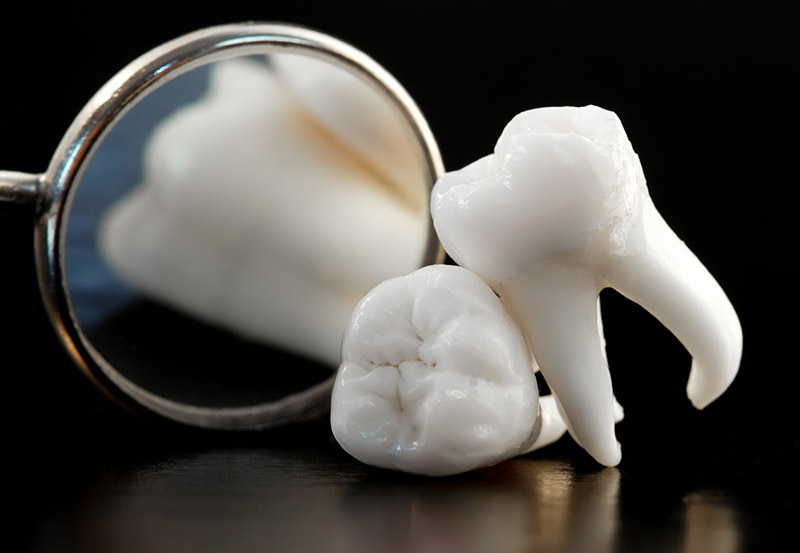Tooth Extractions Near You
The notion of receiving a tooth extraction often causes the same sort of emotional response as root canal therapy does: anxiousness, worry, and fear. Although these reactions are perfectly normal and valid, tooth extractions are not as horrifying as you may have heard.
Every dentist is qualified to remove a tooth, but you can also book an appointment with an oral specialist, typically an oral surgeon. In either case, you will be well taken care of before, during, and after your procedure.
Do you have questions about tooth extractions in Carstairs near Didsbury? Our dental clinic is here to assist you with anything you need. Call us today!

Why Are Tooth Extractions Done?
Your dentist may advise you to undergo a tooth extraction procedure for multiple reasons including those noted below:
- Root canal therapy cannot remedy your tooth.
- An overcrowded smile.
- You’ve experienced oral trauma.
- Advanced periodontitis.
- Impacted teeth.
- Infection.
- Extensive decay.
If you’re dealing with any of these issues, be sure to set up an appointment with your dentist soon. They’ll want to perform a comprehensive examination of your mouth before doing any official dental work – after all, pulling a tooth is often the last result when it comes to preserving and healing your smile.
Should you be deemed an eligible candidate for this procedure, then your treatment will begin right away.
Types of Tooth Extractions
There are two types of tooth extractions in Carstairs that are available to patients: simple and complex extraction.
Simple Extractions
This type of treatment is non-surgical and can be performed in one appointment. It’s a straightforward procedure that all dentists are familiar with and comfortable doing. You’ll be given local anesthesia to fully numb the area and to help alleviate any pain; you may feel a slight tugging as the tooth is removed from the socket but not much else. Dental forceps are used to take the tooth out, then the space is thoroughly cleaned. Your dentist will seal it shut with stitches.
Complex Extractions
Also called surgical extractions, this is performed on teeth that are only partially erupted above the gum line or not at all, whereas simple extractions are done on teeth that have come in completely. The most common example of this process is wisdom teeth extraction.
Similar to its counterpart, you’re given anesthesia so the dentist can work without hurting you. A small cut is made in your gums to access the tooth; bone and tissue debris are cleared away so that it can be removed. Once it’s gone, it’s stitched closed.
